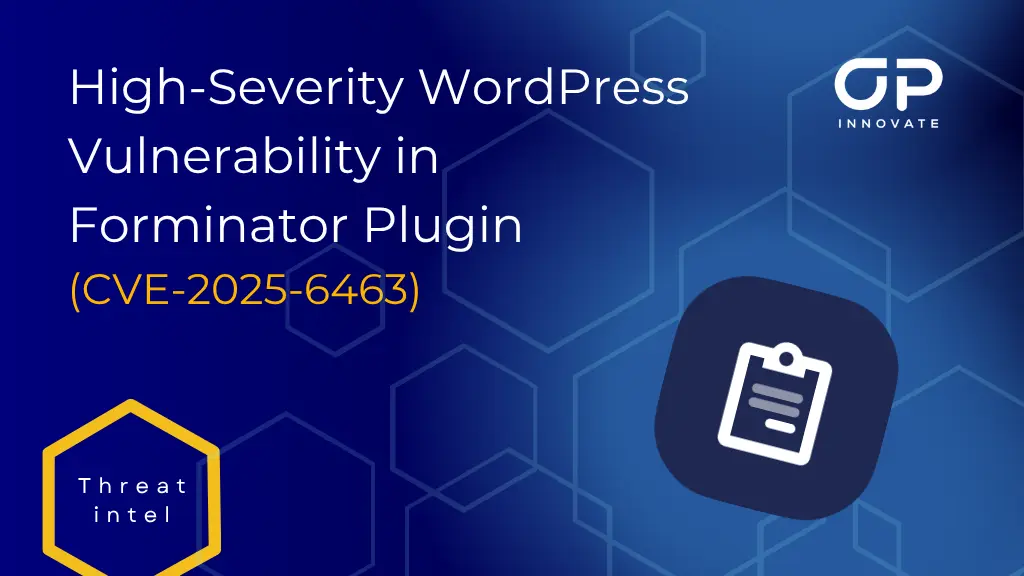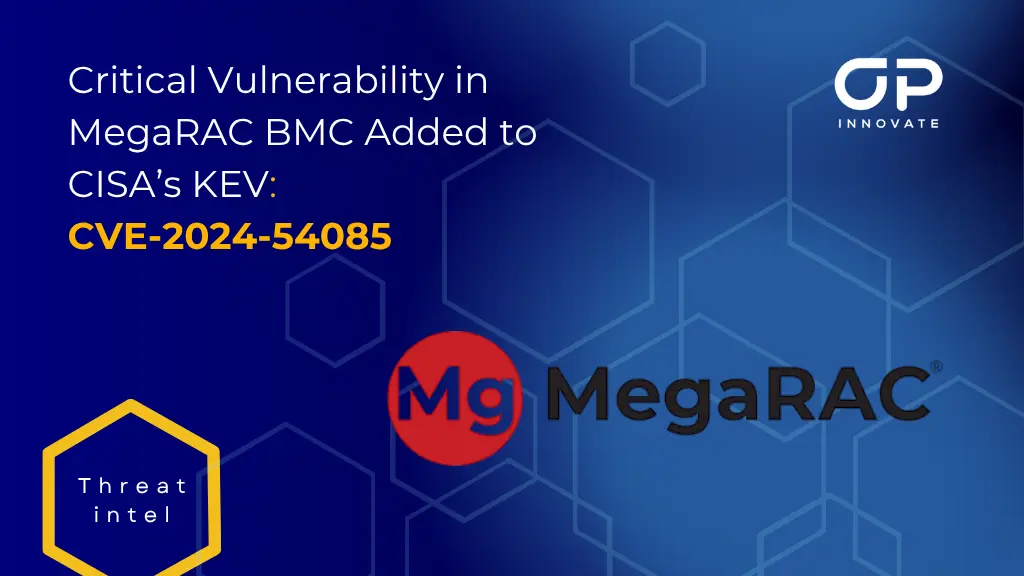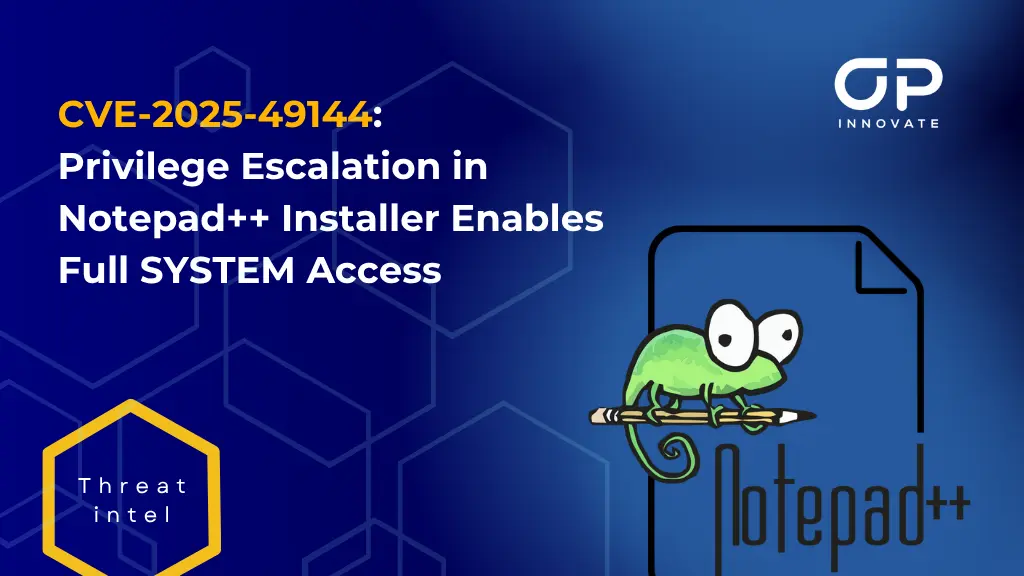OP Innovate Certified Penetration Testing With Over a Decade of Experience
OP Innovate is a certified pen tester with over a decade of experience in both automated and manual pen testing. Our team composed of highly-skilled and seasoned individuals with diverse backgrounds combines robust offensive and defensive capabilities for a business-driven approach. Former 8200 IDF veterans with a range of prestigious certifications and vendor endorsements provide unmatched cyber insight and deep technological knowledge, delivering the highest quality findings in all areas examined.
Here’s what sets us apart:
- Extensive Experience: OP Innovate has been in the industry for over ten years, gaining invaluable experience in identifying vulnerabilities and learning how they can be exploited.
- Dual Expertise: They specialize in both manual and automated penetration testing, offering manual pen testing expertise, coupled with OP Innovate’s WASP platform for continuous vulnerability monitoring and streamlined remediation
- Proven Track Record: OP Innovate has a long list of satisfied clients who’ve benefited from their thorough testing methods and ability to identify and address security weaknesses.
Why is Pen testing certification Important?
Pen testing is a crucial part of strengthening an organization’s defenses against evolving cyber threats. To that end, it is of utmost importance to employ a certified penetration testing company to ensure the security of your organization.
What is a Pen Tester Certification?

A Pen Tester Certification is a credential that validates the security expert’s skills and knowledge in detecting and exploiting vulnerabilities in systems. It demonstrates expertise in both automated and manual penetration testing techniques.
Is a certification required to be a pen tester?
Obtaining a certification isn’t required to become a pen tester, but it definitely enhances credibility and skill level in the field. Having a pen testing certification demonstrates a commitment to ethical hacking and proficiency in using testing tools.
Top Penetration Testing Certification Programs
While there is no “best penetration testing certification”, there are a number that you should look out for when choosing your certified penetration testers. The ensure that team you are hiring has the necessary pen testing skills and cybersecurity certifications to detect security vulnerabilities within your system.
The following certifications offer industry-recognized credentials that validate the expertise of a
CREST Certification

CREST (Council of Registered Ethical Security Testers) certification is a prestigious and globally recognized credential in the field of cybersecurity. CREST is an organization dedicated to promoting excellence in penetration testing and cybersecurity services. Their certification programs are designed to validate the skills and expertise of professionals who perform security testing and ethical hacking assessments. CREST certifications are highly regarded because they ensure rigorous standards and a focus on real-world, hands-on testing scenarios. CREST-certified penetration testing professionals signify that a team possesses the necessary knowledge and skills to conduct thorough and effective security assessments while adhering to the highest ethical standards. CREST is considered to be one of the best pen test certifications and organizations often seek CREST-certified professionals to assess and enhance their security posture, making these certifications a valuable asset for individuals looking to excel in the ever-evolving field of cybersecurity.
Certified Ethical Hacker (CEH)

This certification focuses on both automated and manual penetration testing techniques, ensuring that you can effectively identify and exploit vulnerabilities in systems.
Developed by the International Council of Electronic Commerce Consultants (EC-Council), this certification equips individuals with the knowledge and expertise to think and act like malicious hackers, thereby enabling them to assess and fortify an organization’s cybersecurity defenses effectively.
CEH covers a wide range of essential topics, including penetration testing methodologies, network security, vulnerability analysis, and various hacking tools and techniques. With its emphasis on hands-on, real-world scenarios, CEH prepares teams to identify vulnerabilities, assess risks, and safeguard digital assets, making it a valuable asset for both aspiring and experienced cybersecurity professionals aiming to protect critical information systems in an increasingly interconnected world.
EC-Council Certified Security Analyst (ECSA)

The EC-Council Certified Security Analyst (ECSA) certification is an advanced credential that goes beyond the Certified Ethical Hacker (CEH) program. ECSA focuses on the practical application of ethical hacking and penetration testing methodologies. ECSA-certified professionals are equipped with the skills necessary to evaluate and analyze network security measures effectively. This certification includes hands-on labs and challenges that mirror real-world scenarios, ensuring that individuals can assess and strengthen an organization’s security posture with precision and expertise. The ECSA certification covers a wide range of topics including web application penetration testing, network security, and vulnerability assessment.
Offensive Security Certified Professional (OSCP)

The Offensive Security Certified Professional (OSCP) certification is renowned for its rigorous and hands-on approach to penetration testing. OSCP-certified individuals have demonstrated their ability to exploit vulnerabilities, compromise systems, and solve complex security challenges within a controlled environment. Licensed penetration testers with OSCP Certification are equipped to perform tests using various penetration testing tools. The certification covers topics such as the testing process, operating system vulnerabilities, web application penetration, and even SQL injection.
Offensive Security Certified Expert (OSCE)

The Offensive Security Certified Expert (OSCE) certification is an advanced-level credential offered by Offensive Security.
This certification can help ensure the team has proven its mastery in advanced exploitation techniques, reverse engineering, and the ability to exploit custom-built vulnerabilities. This certification is not for the faint of heart and is designed for experts who want to showcase their expertise in real-world penetration testing scenarios. OSCE holders are recognized as elite certified penetration testing professionals.
Certified Information Security Manager (CISM)

The Certified Information Security Manager (CISM) certification is globally recognized and designed for professionals who manage, design and oversee an enterprise’s information security program. While this is not necessarily a penetration tester certification, CISM-certified individuals possess a deep understanding of information risk management, governance, incident response, and security control frameworks. This certification is highly regarded among IT and security management professionals and signifies a commitment to maintaining and enhancing an organization’s information security.
Certified Incident Handler Certification (GCIH)

The Certified Incident Handler (GCIH) certification is aimed at individuals responsible for detecting, responding to, and mitigating security incidents. GCIH-certified professionals have expertise in incident handling methodologies, digital forensics, and threat detection. This certification is invaluable for cybersecurity professionals involved in incident response teams, as it equips them with the knowledge and skills needed to effectively manage and recover from security incidents, making it a critical asset in today’s cybersecurity landscape.
With over 10,000 hours of Incident response handling since 2021, OP Innovate is a leader in Incident response.
Types of Pen Tester Certifications

When considering pen tester certifications, it’s important to understand the different types available to suit your individual skill level and career goals.
These certifications can be categorized into various specializations such as mobile, web application, cloud, and network penetration testing.
Classification levels for pen testing certifications
A hierarchy of classification levels exists to guide professionals and organizations in selecting the most suitable credential. These classification levels are designed to reflect the depth of knowledge, practical skills, and specialized expertise possessed by certified individuals. Whether it’s foundational certifications for those entering the field, intermediate qualifications for practitioners seeking to hone their skills, or advanced certifications for experts who tackle complex security challenges, understanding these classification levels is essential for tailoring one’s penetration testing expertise to the specific demands of cybersecurity and staying abreast of the ever-evolving threat landscape.
- Foundational Certifications: These certifications serve as entry points for individuals new to penetration testing. They provide a solid understanding of the fundamental concepts, tools, and methodologies used in ethical hacking and penetration testing. Common certifications at this level include CompTIA Security+, Certified Ethical Hacker (CEH), and CompTIA PenTest+.
- Intermediate Certifications: Intermediate certifications are designed for professionals who have some experience in penetration testing and want to deepen their knowledge and skills. These certifications often cover more advanced topics and tools, including scripting and in-depth vulnerability analysis. Examples of intermediate certifications include Certified Information Systems Security Professional (CISSP), Certified Information Security Manager (CISM), and Offensive Security Certified Professional (OSCP).
- Advanced Certifications: Advanced penetration testing certifications are intended for seasoned professionals who are well-versed in complex security assessments, advanced exploitation techniques, and have a comprehensive understanding of network and system security. These certifications often involve rigorous practical exams and require candidates to demonstrate their ability to identify and exploit vulnerabilities effectively. The Offensive Security Certified Expert (OSCE) and Certified Expert Penetration Tester (CEPT) are examples of advanced-level certifications.
- Specialized Certifications: Within the field of penetration testing, there are various specialized certifications that focus on specific areas, such as web application testing, mobile device security, or cloud security. These certifications allow professionals to specialize in niche areas of cybersecurity. Examples include Certified Web Application Tester (CWAPT), Certified Mobile and IoT Security Professional (CMISP), and Certified Cloud Security Professional (CCSP).
- Vendor-Specific Certifications: Some certifications are vendor-specific and are tailored to individuals who work extensively with specific technologies or products. For example, certifications from vendors like Cisco, Microsoft, or AWS often include security components that are relevant to penetration testing within their respective ecosystems.
- Expert and Master-Level Certifications: At the highest levels of certification, individuals are recognized as experts or masters in the field of penetration testing. Achieving these certifications typically requires years of practical experience, contributions to the field, and the ability to tackle complex, real-world security challenges. Certifications at this level include the Certified Information Systems Security Professional (CISSP-ISSAP) and the Offensive Security Certified Expert (OSCE).









